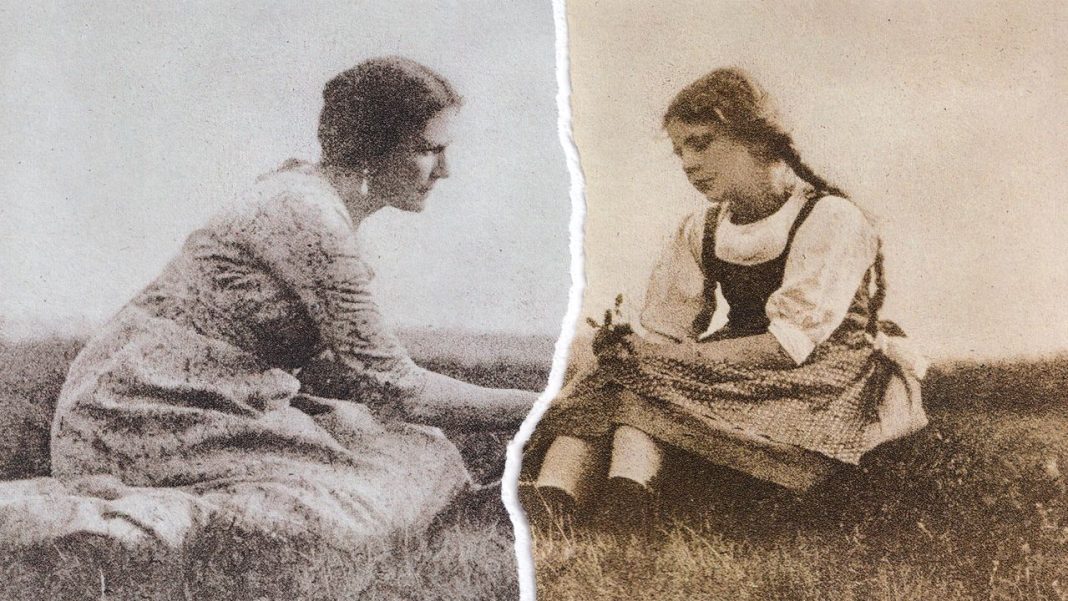When I was eight, my mother stood in front of 12 third grade girls, teaching us how to make “chicken ovens”: fold sheets of aluminum foil into pockets; fill them with raw chicken, veggies, and spices; seal them; and place them in the fire. The other mothers who came to chaperone our Girl Scout camp had already praised my mom for organizing a wholesome weekend in the rustic Florida wilderness, but with her simple but delicious meals, she became the most popular Girl Scout leader our troop ever had.
This was my mother at her best: playing board games, preparing vintage meals, and organizing elaborate birthday parties. “I want us to be best friends,” she often said, with a tenderness that made me believe I could forgive her for anything.
But my mother had also struggled with substance abuse and mental unwellness since she was a teenager. When I was in high school and my father passed away, Mom disappeared for weeks, leaving me to care for my younger brother. When she was home, she bounced between unpredictable rage and a childlike, booze-induced playfulness. Without meaning to, we reversed roles. I woke up early to make coffee and breakfast, went to school and work, and returned home to make dinner; she slept most of the day and left joints burning on the counter as she stumbled to bed at dawn.
By 17, I’d had enough. I moved out and helped my brother move in with our uncle. For the next two decades, I cycled through periods of trying to connect with my mother and setting strong boundaries around her drug use and behavior. Then, in my mid-30s, I ended our relationship for good.
I wasn’t angry when I cut off contact. Years of therapy had brought me to a place of feeling compassion for my mother’s struggles, while also knowing that supporting her through them was not my responsibility. I believe that saying goodbye to my mom was the healthiest move I could make, both for myself and for my children. But it was also one of the hardest things I’ve ever done.
Redefining my life since then has been a process of unlearning, joy, and grief. After enduring the deaths of my dad, grandparents, and every other adult who knew me growing up, saying goodbye to Mom felt akin to severing myself from my own childhood. My only sibling is two years younger than I am, so nobody is left to tell me stories of my life from before my memory started. But over time, I realized that my grief over my mom had partly predated our estrangement. For my whole life, I’d longed for the kind of care that doesn’t come with consequence. While my mom could orchestrate a gorgeous celebration and listen thoroughly when I needed a sounding board for my failures, at work or in relationships (“You can talk to Mom about anything,” my brother would say. “She won’t judge you because she’s probably done worse”), anger and cruelty—and then shame and apologies—bloomed out of her unpredictably. I couldn’t trust her softness.
#Griefand #Joyof #Parental #Estrangement


